Earlier this week, the New York Times reported that the US-based billionaire had held secret talks with Amir Saeid Iravani
The Iranian Foreign Ministry has dismissed media claims that the country’s ambassador to the UN held a secret meeting with US-based billionaire Elon Musk earlier this week. During his first term in office, President-elect Donald Trump pursued a ‘maximum pressure’ policy toward Tehran, taking multiple hostile steps against the Islamic Republic.
Positioning himself as politically neutral prior to the 2024 US presidential race, Musk declared his support for Trump this July and emerged as one of the Republican’s top donors. Since the election on November 5, the tech tycoon has often been seen together with the president-elect, including during phone calls with foreign leaders at Trump’s Mar-a-Lago residence.
Speaking to Iran’s state-run IRNA news agency on Saturday, Foreign Ministry spokesperson Esmail Baghaei categorically denied the “false reports” from US media outlets regarding a meeting between Ambassador Amir Saeid Iravani and Musk. According to the article, the diplomat “expressed surprise” at how readily the media ran with the story.
On Thursday, the New York Times, citing two unnamed Iranian officials, reported that Iravani and Musk held secret talks on Monday in New York. According to the newspaper, the meeting was an attempt to “defuse tensions” between the US and Iran and was described as “positive” by the anonymous sources.
Neither the tech mogul nor the Iranian mission to the UN has commented on the matter. Trump spokesperson Steven Cheung told the NYT that the president-elect would not speak to “reports of private meetings that did or did not occur.”
As Trump prepares to take over from President Joe Biden, he has picked several Iran hardliners for top government positions, including Senator Marco Rubio for secretary of state and Congressman Mike Waltz for national security adviser.
During his first term in office, Trump pulled the US out of the 2015 Iran nuclear deal and placed numerous sanctions on Tehran. In January 2020, he ordered a drone strike in Iraq that killed Iran’s top military commander, Qassem Soleimani, who the US accused of orchestrating attacks on American military personnel in the Middle East. The Islamic Republic denied the allegations and called the assassination an “act of terrorism.”
In September, the Trump campaign claimed that US intelligence officials had warned it of “specific threats from Iran to assassinate” the Republican presidential nominee. Iran has dismissed the allegations as a “third-rate comedy.”

 5 months ago
30
5 months ago
30
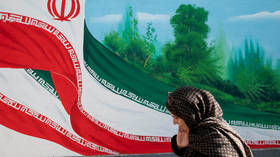

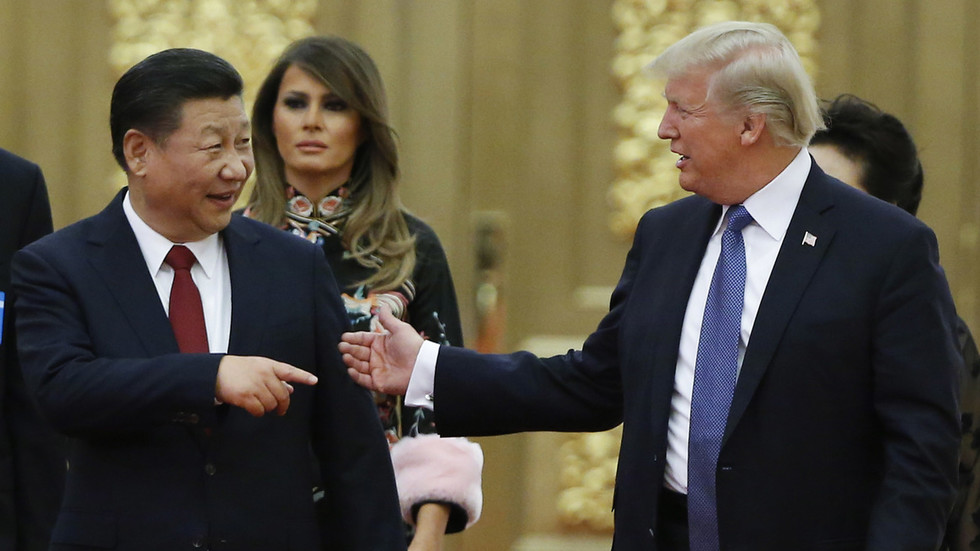
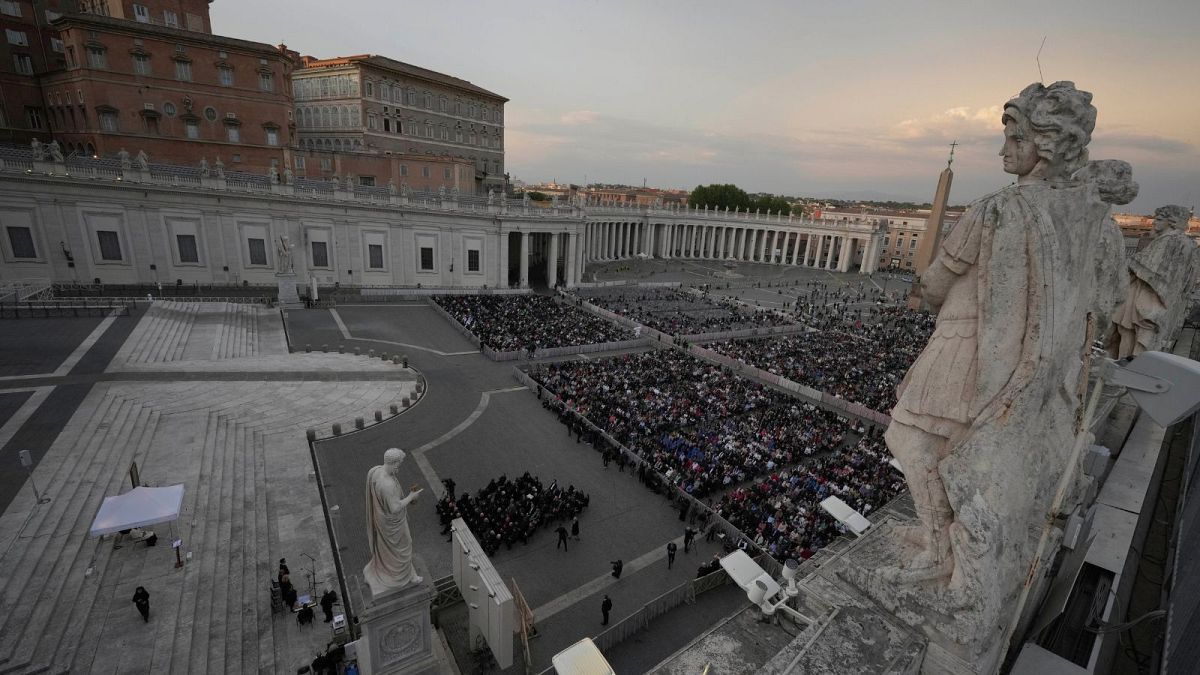
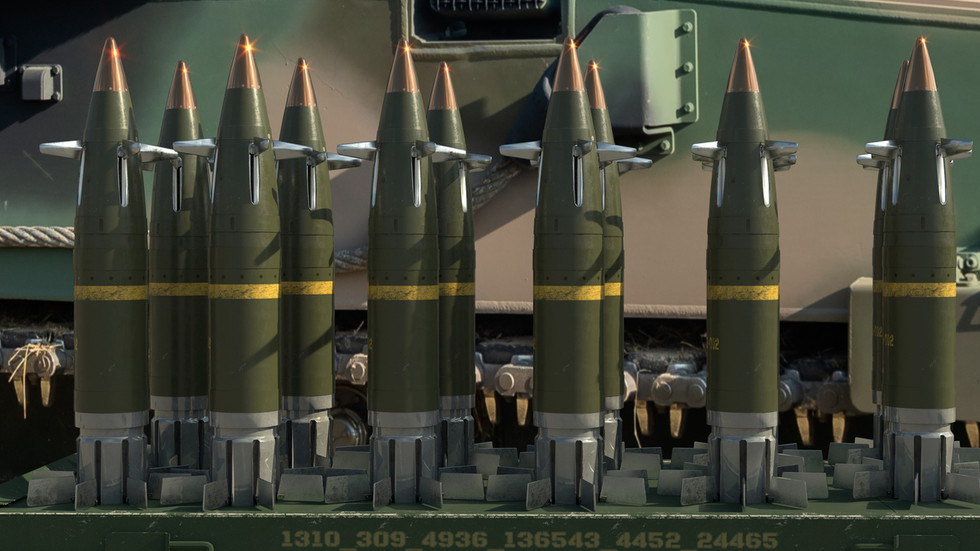
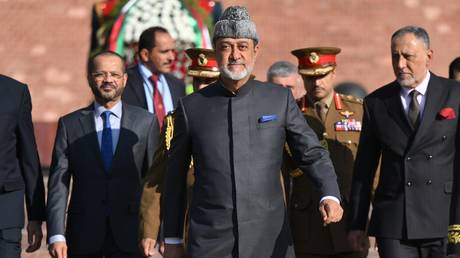
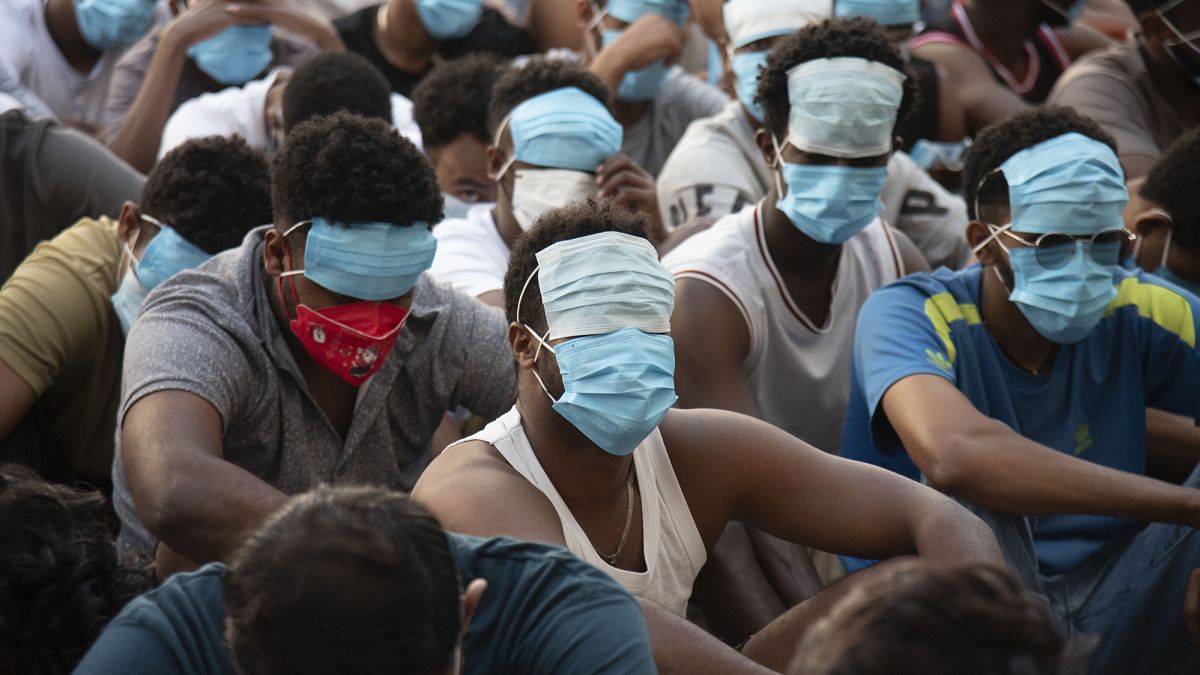
 We deliver critical software at unparalleled value and speed to help your business thrive
We deliver critical software at unparalleled value and speed to help your business thrive






 English (US) ·
English (US) ·